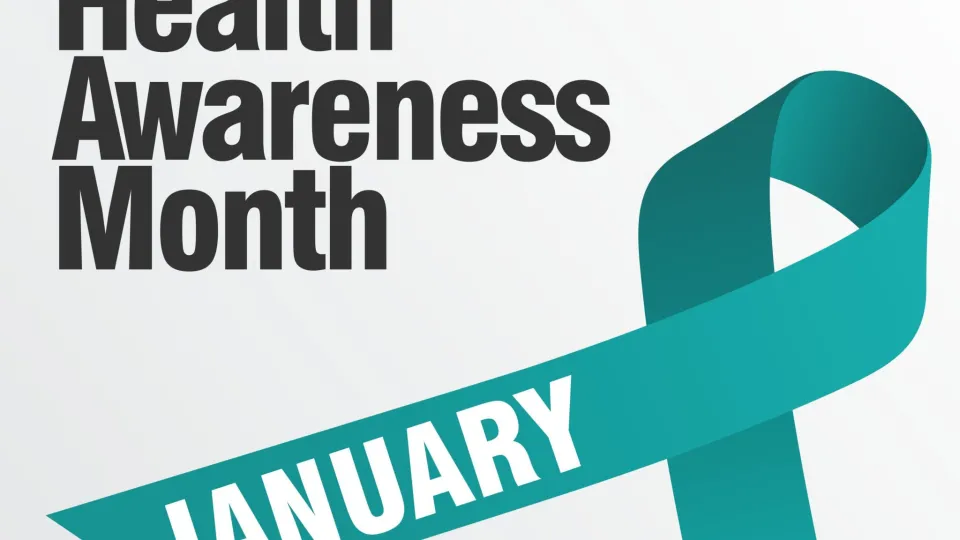
Women's health is a major concern that often doesn't get the attention that it deserves. As you pursue a health care degree, it's important to be aware of the issues that the women you care for may face - and possibly yourself as well.
January is Cervical Health Awareness Month, which is a perfect time to look at this crucial aspect of women's health. Cervical health is important because it can be linked to cervical cancer and health problems with the reproductive system. Here are some things you need to know.
CERVICAL HEALTH SCREENING
The gold standard for cervical cancer screening is a Pap smear. This screening collects cells from the inside of the cervix and looks at them under a microscope to detect any changes that indicate cancer.
Cervical health screenings typically include testing for a disease called Human Papillomavirus, or HPV. This virus can be present in the body for years without causing any symptoms, and it's estimated that as many as 1 in 2 women are affected by HPV.
There are multiple strains of HPV, some of which go away on their own over time. However, some strains of HPV lead to cervical cancer and can be fatal, which is why early detection is so important.
HOW IS HPV TRANSMITTED?
HPV is a sexually transmitted disease. The disease is sometimes also called genital warts, as this can be a symptom.
However, it is possible to have HPV and not get genital warts at all because only some strains of the virus cause this symptom.
Unlike many other sexually transmitted diseases, which can be prevented by careful use of protection, condoms can still allow HPV to be transferred from an infected person via skin-to-skin contact on areas that may not be covered.
Similarly, because HPV is a virus, it is also possible to get it through other forms of sexual contact.
HPV VACCINATION
Gardasil is a relatively new vaccine that can protect against HPV infection. This vaccine, for both men and women, is most often administered at age 12 or 13. However, if doses were missed at that time, catch-up doses can still be effective up until age 26.
While getting your health care degree, you'll be vaccinated against other diseases, so it's important to mention it if you are in the appropriate age range and never received this immunization.
THE IMPORTANCE OF EARLY DETECTION
According to the Center for Disease Control, more than 12,000 women were diagnosed with cervical cancer in 2012. Early detection of cervical cancer or precancerous changes can make sure that infection leads to treatment before it's too late.
Cervical cancer is often treatable before it becomes too advanced. There's no reason to risk lives for cervical cancer when prevention and screening make such a difference. Use your health care degree to focus on protecting women's health.
Do you have a desire to help others live the best life possible and protecting future generations? Click the banner below and explore your full options with us!
Take The Next Step Towards a Brighter Future
We have a Concorde representative ready to talk about what matters most to you. Get answers about start dates, curriculum, financial aid, scholarships and more!




